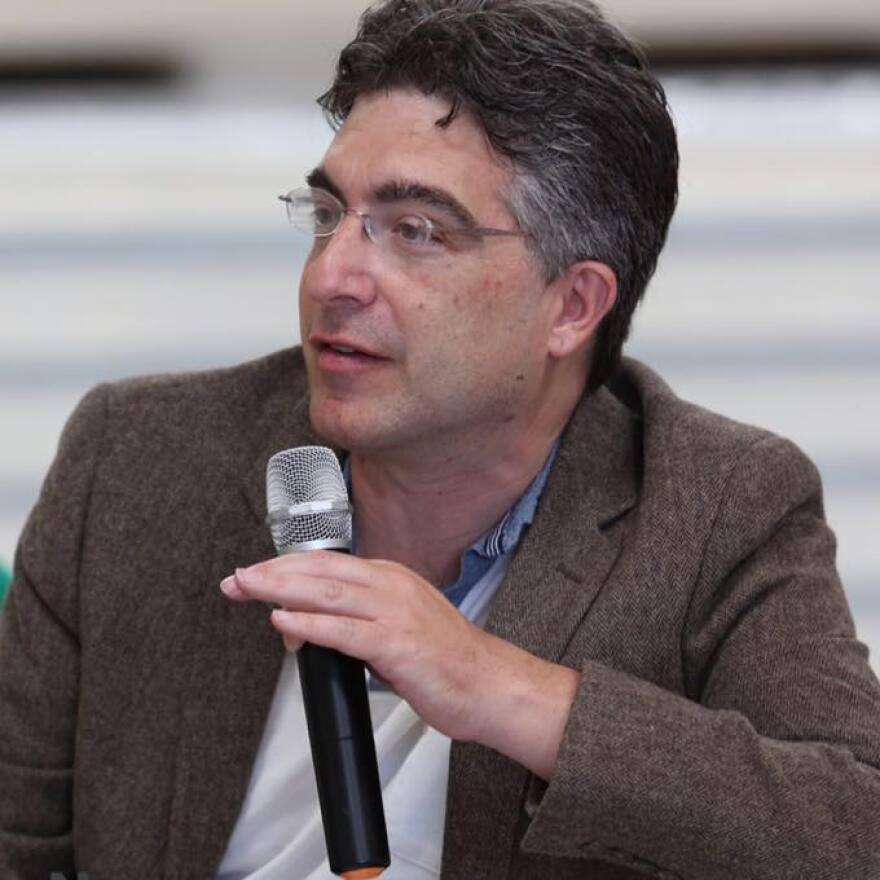Commentary: Here’s a question: Are people who report news journalists, or snitches?
Recently, members of the public called me a snitch for something I reported, and lately some of my colleagues report hearing this complaint, too.
Here’s what I reported. On Memorial Day weekend, I wasn’t working, but on my way home from the hardware store I saw a political rally and you know, force of habit. It was a Cowboys For Trump rally, where three or four dozen people had gathered in the courtyard by the Luna County Courthouse listening to a man give a speech calling on New Mexico to reopen small businesses immediately, and questioning the legality of the state’s COVID-19 health orders.
The gathering was peaceful, but I noticed no one was wearing masks or keeping distant from each other. It looked to me like it was a violation of the ban on mass gatherings, and perhaps that was the point. I asked a state police officer who was parked across the street what he thought about that, and he said he wasn’t sure. So, from a distance I took a few photos of the rally, the horses, and some of the signs on display, and I described the event on Facebook, including my exchange with the police officer and, for context, the rule about social gatherings.
The reactions to that post were much angrier than I expected, and directed at me personally. I was criticized for posting about the rally, for asking an officer whether the event was allowed, and a number of people called me a “snitch.”
I tried explaining I was simply describing something that happened on public property, But that was the wrong conversation. That’s a journalism conversation; but for my plaintiffs, this was about the anti-snitching norm.
The rule is that you mind your own business and keep your head down. You do not involve law enforcement officers in conflicts. You do not publicize wrongdoing, draw the attention of people who can make problems for you, or rock the boat. Doing so makes you dangerous and untrustworthy. Snitches are ostracized, physically punished, or worse. It is a rule often enforced through violence and fear. And it’s held as a serious moral principle.
Trust in journalism is low, and I wonder how many people view most or all of what we do as snitching? I wonder if there are opportunities to talk to people, who maybe don’t read the news regularly, about what journalism is for?
And maybe to also talk about the anti-snitching norm.
Are there ways this keeps people safe? In what ways is it oppressive?
It seems to me that if you have a code that requires silence about what is happening to you or around you, even in public, it quickly becomes difficult to gather information, mobilize, or ask for help.
And given the intense outrage over what I wrote, I wonder how often the anti-snitching norm serves to make those actions appear unthinkable.


